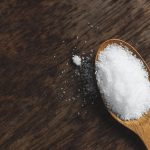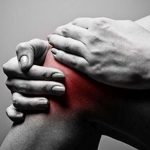
Pickleball has burst onto the scene, inspiring people of all ages to pick up a paddle. But as with any sport, it’s possible to get hurt. Some best practices can help prevent injuries, according to a sports medicine expert. For pickleball players, the most common injury is to the rotator cuff tendon in the shoulder. This can cause shoulder pain, especially with movement and use. Problems range from tendonitis and bursitis to a tear of the tendon itself. Bigger tears can create weakness. Someone might not be able to use their arm. “The unfortunate reality of the rotator cuff is that everyday use can cause tearing and damage,” said Dr. Bruce Moseley, an orthopedic surgeon from Baylor College of Medicine in Houston. “You don’t necessarily have to do anything wrong or abnormal to get a rotator cuff tear — in many instances it just happens as a consequence of living.” Most adults who use their shoulders are at risk. For many people, rotator cuff damage appears over time. In pickleball, reaching overhead requires a lot of force from this tendon, which can worsen rotator cuff injuries. These tears are not preventable. But the shoulder does better when it’s flexible and strong. Moseley suggests stretching and doing light to moderate strengthening. “If you warm up and stretch before your activity and ice down afterwards, your shoulder… read on > read on >


















